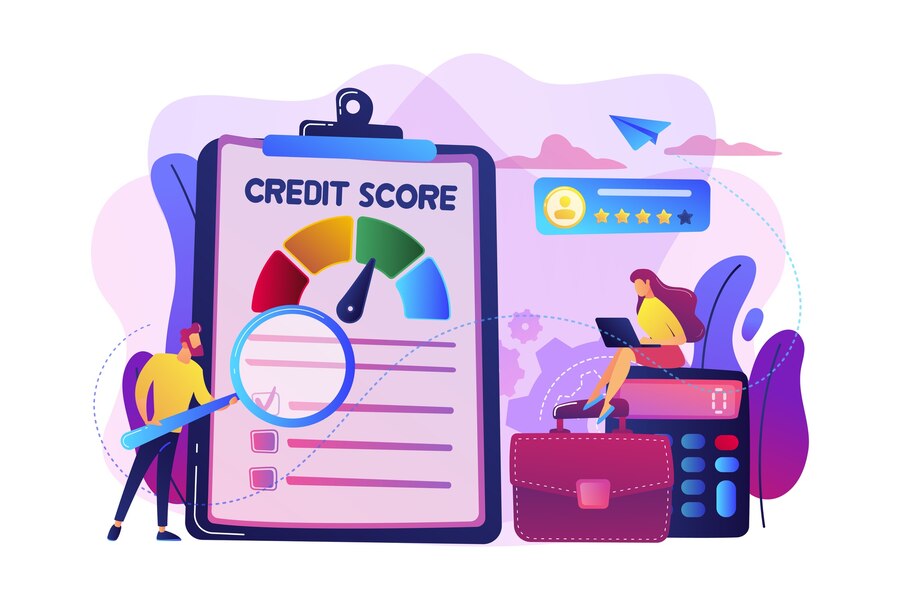Building a good credit score is essential for financial health, influencing your ability to secure loans, credit cards, and favourable interest rates. Here’s a guide to help you understand and improve your credit score:
1. Understand Your Credit Score
Your credit score is a numerical representation of your creditworthiness, typically ranging from 300 to 850. The higher the score, the better. It is calculated based on five key factors: Payment History (35%): Timely payments on credit cards, loans, and bills. Credit Utilization (30%): The amount of credit used compared to your credit limit.
Length of Credit History (15%): The duration you’ve held credit accounts. Credit Mix (10%): A variety of credit types, such as credit cards, mortgages, and instalment loans. New Credit (10%): Recent applications for new credit and the addition of new accounts.
2. Check Your Credit Report
Start by obtaining your credit report from the three major credit bureaus: Equifax, Experian, and TransUnion. You’re entitled to a free report annually from each bureau through AnnualCreditReport.com. Review your report for errors or inaccuracies and dispute any incorrect information.
3. Make Timely Payments
Consistently paying your bills on time is crucial. Set up reminders or automatic payments to avoid late payments, which can significantly harm your credit score.
4. Reduce Credit Card Balances
Aim to keep your credit utilization below 30%. If you have high balances, create a plan to pay them down. Paying off debt rather than transferring it can be more beneficial for your score.
5. Increase Your Credit Limit
Contact your credit card issuers to request a higher credit limit. This can help lower your credit utilization ratio, but only if you maintain the same level of spending.
6. Diversify Your Credit Mix
If you only have credit cards, consider adding a different type of credit, such as a small personal loan or a secured loan. A varied credit mix can positively impact your score.
7. Limit Hard Inquiries
Avoid applying for multiple credit accounts in a short period. Each application results in a hard inquiry, which can lower your score temporarily. Space out credit applications and only apply when necessary.
8. Keep Old Accounts Open
The length of your credit history matters. Even if you no longer use an old credit card, keeping it open can help maintain a longer average credit history.
9. Use Secured Credit Cards
If you have a low score or no credit history, consider using a secured credit card. These cards require a deposit that serves as your credit limit. Responsible use of a secured card can help build your credit history.
10. Monitor Your Progress
Regularly check your credit score and report to track your progress and ensure there are no errors or signs of fraud. Many financial institutions offer free credit score monitoring tools.
Building a strong credit score takes time and discipline. By following these steps and managing your credit responsibly, you can steadily improve your credit score and secure better financial opportunities
Also Read- https://settleloan.in/blog/settleloan/the-role-of-digital-transparency-in-preventing-harassment/
Get in touch with us today at www.Settleloan.in and embark on your path to financial freedom



